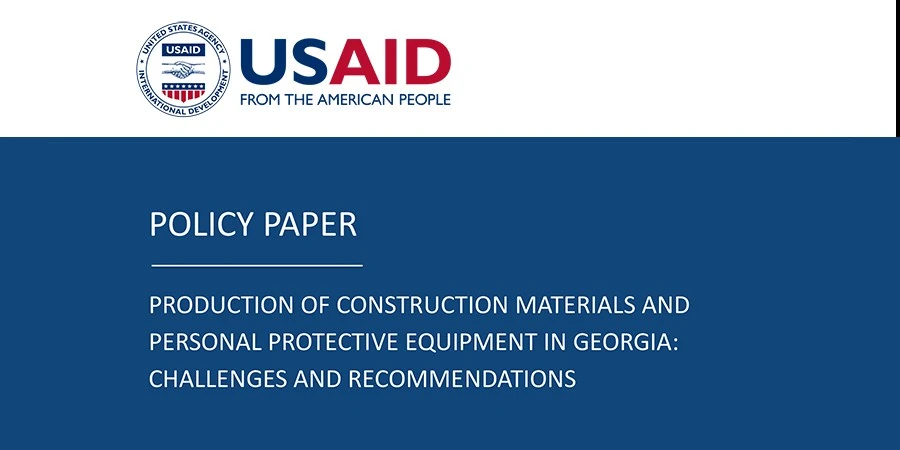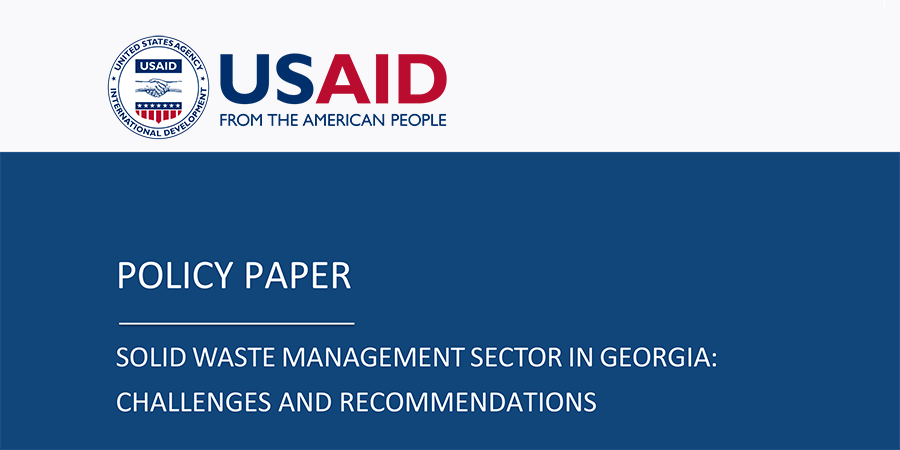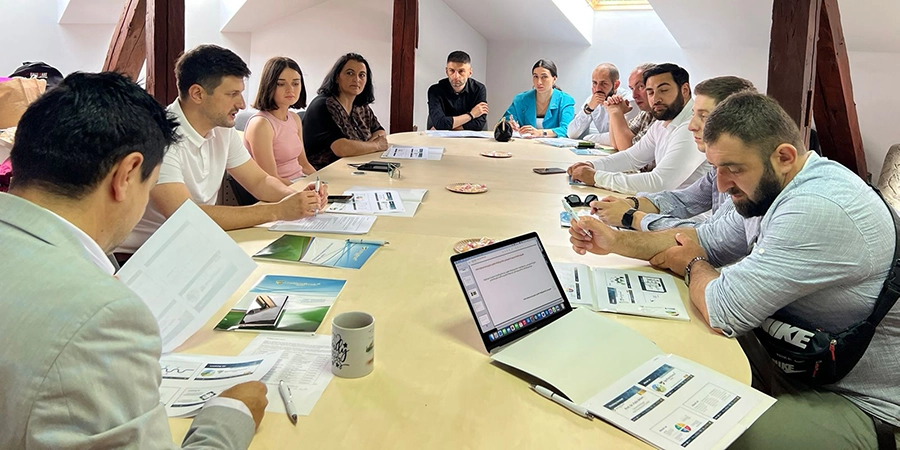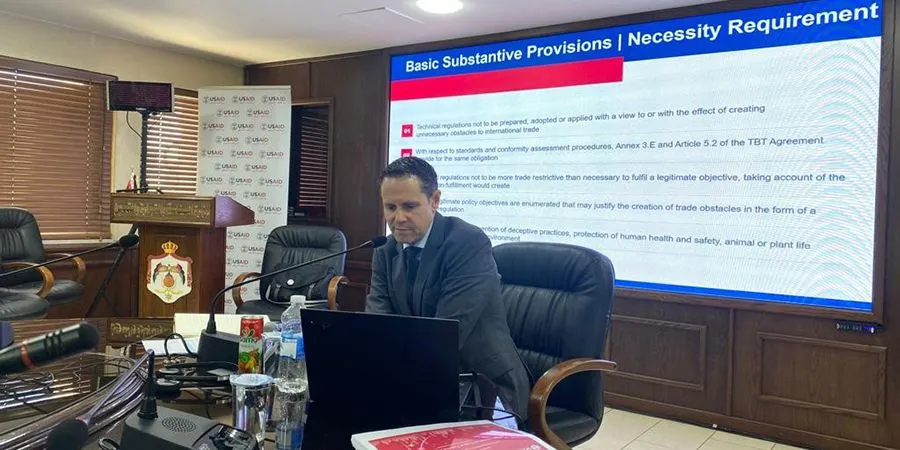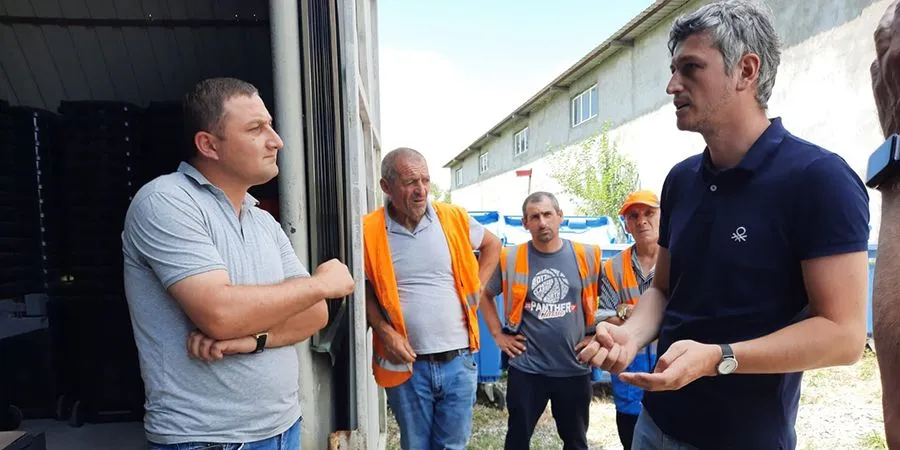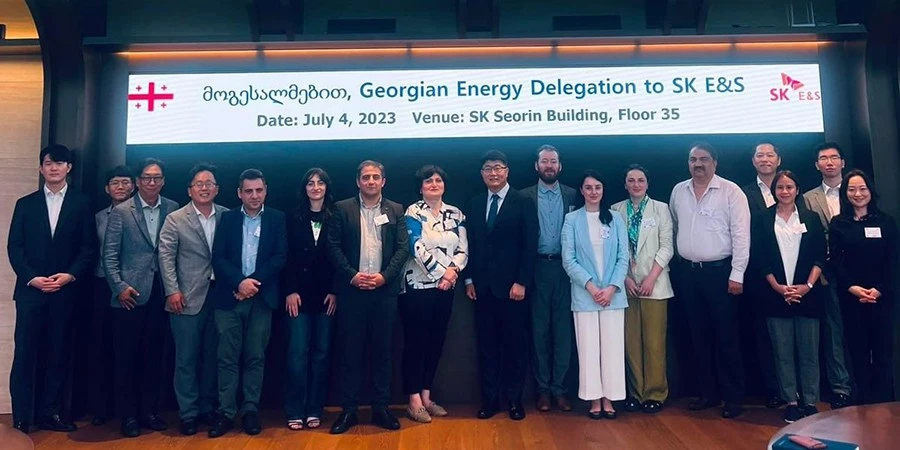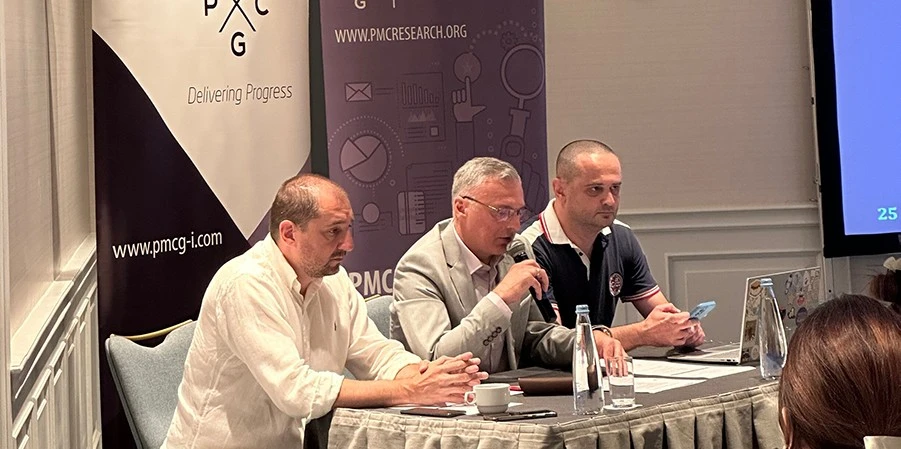Policy Recommendations to Enhance the Solid Waste Management and Light Manufacturing Sectors
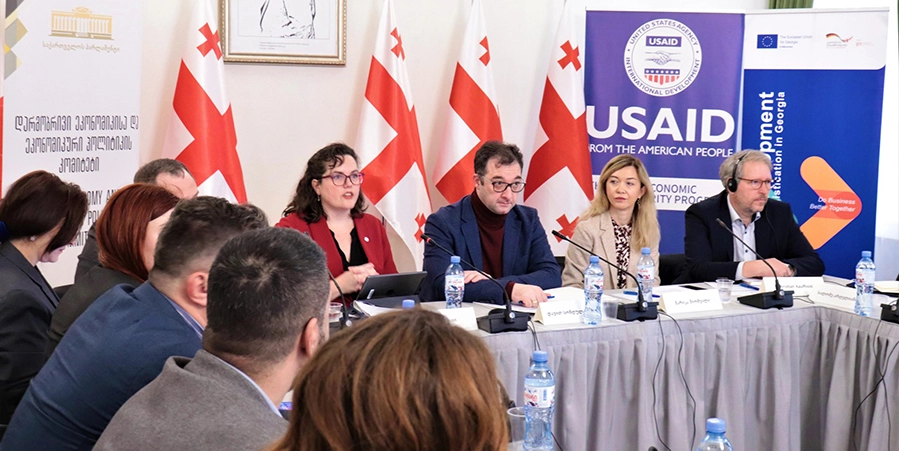

Recently, PMCG developed two policy papers addressing the solid waste management sector as whole and critical value chains within the light manufacturing sector, namely personal protective equipment (PPE) and construction materials. Both papers were produced as part of the USAID Economic Security Program, implemented by DAI Global.
The papers outline sector-specific challenges, solutions, and recommendations. Moreover, they contribute to informed decision-making pursuant to sustainable economic development in Georgia. The research methodology involved a wide range of stakeholders at all project stages, including representatives of the public and private sectors. Crucially, their participation in the public-private dialogue (PPD) helped to identify priority challenges, to devise practical solutions, and to assess the potential impact thereof.
This papers also relied on the findings of quarterly analytical reports on selected value chains prepared by PMC Research and the International School of Economics at the Tbilisi State University (ISET) between 2020 and 2022 as part of the USAID Economic Security Program.
Solid Waste Management Sector in Georgia
In conjunction with the Environmental Protection and Natural Resources Committee of the Parliament of Georgia, PMCG prepared a policy paper on the solid waste management sector, addressing challenges and proposing recommendations.
While solid waste management is a relatively new sector in Georgia, an integrated system has been in place since 2015. However, serious problems still need to be addressed if the country is to achieve the objectives laid out in the National Waste Management Strategy, which incorporates EU standards.
Through interviews, desk research, and collaboration with stakeholders, the paper identifies two critical challenges. First, there is a lack of enforcement with respect to existing waste management laws. Secondly, there is a shortage of raw materials for waste processing. Addressing both issues adequately would bring significant economic benefits. Relatedly, the paper presents recommendations informing the private and public sectors about the severity of the existing problems, and placing an emphasis on finding results-oriented solutions through PPD.
Production of Construction Materials and Personal Protective Equipment in Georgia: Challenges and Recommendations
Recent developments including the COVID-19 pandemic and the growth of the construction sector have significantly increased the local market and export potential of the PPE and construction materials value chains. However, a number of hindrances persist for which comprehensive evaluation and practical solutions are required.
The challenges facing both value chains discussed in this study are largely similar. In particular, according to stakeholders, the main obstacle is the lack of access to finance, which limits companies’ ability to develop technologies and expand their production processes. Other challenges facing both value chains include a shortage of skilled labor, an insufficient number of specialized testing laboratories, and a dependence on imported raw materials. The latter factor was exacerbated by the COVID-19 pandemic, when imports from China and Turkey were halted, significantly affecting the functioning of these value chains.
The study proposes recommendations to address the priority challenges through facilitating inclusive dialogue and participatory processes, taking into account international best practices.
This particular policy paper was prepared together with the Sector Economy and Economic Policy Committee of the Parliament of Georgia and the Georgian Construction Materials Cluster. The latter is supported by the Clusters4Development Project funded by the European Union and the German government.
